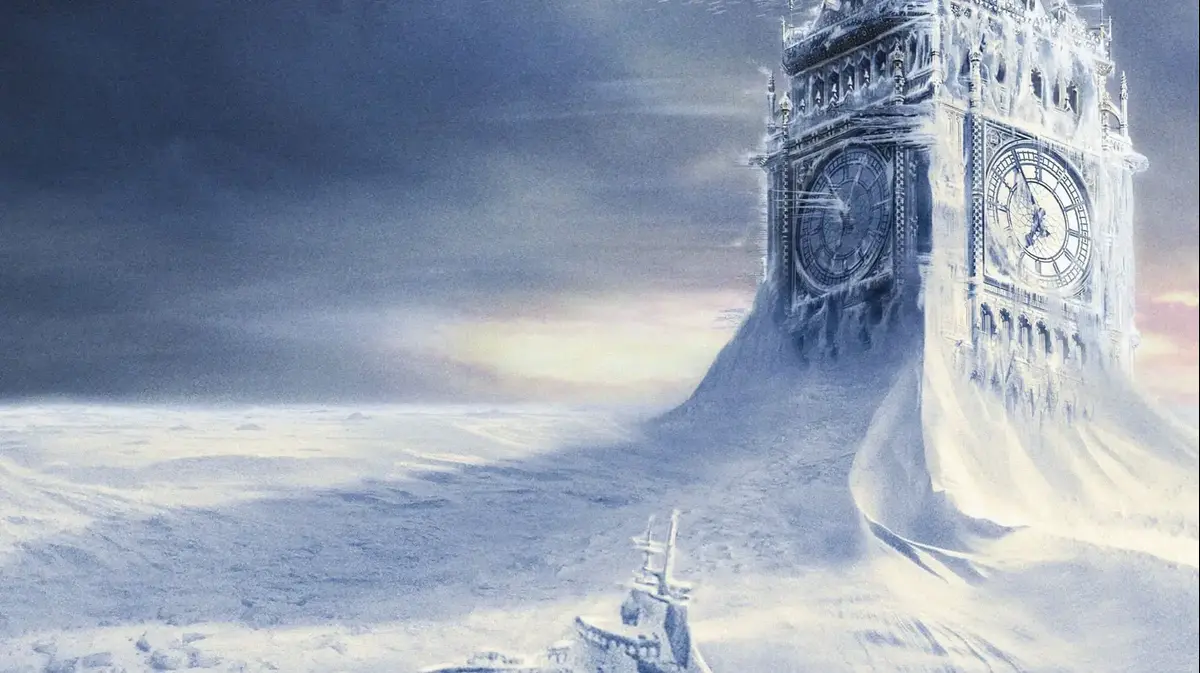Scientists say melting of ice in the Northern Hemisphere is disrupting the Gulf Stream, a warm ocean current that warms the coasts of western and northern Europe. Without this additional heat source, average temperatures could drop by several degrees in North America, parts of Asia and Europe.
The authors of the study did not know exactly when the collapse in question will occur, although previous research has determined that it will happen as early as next year. "We're getting close to a collapse, but we're not sure how close we are," said lead author René Van Westen.

